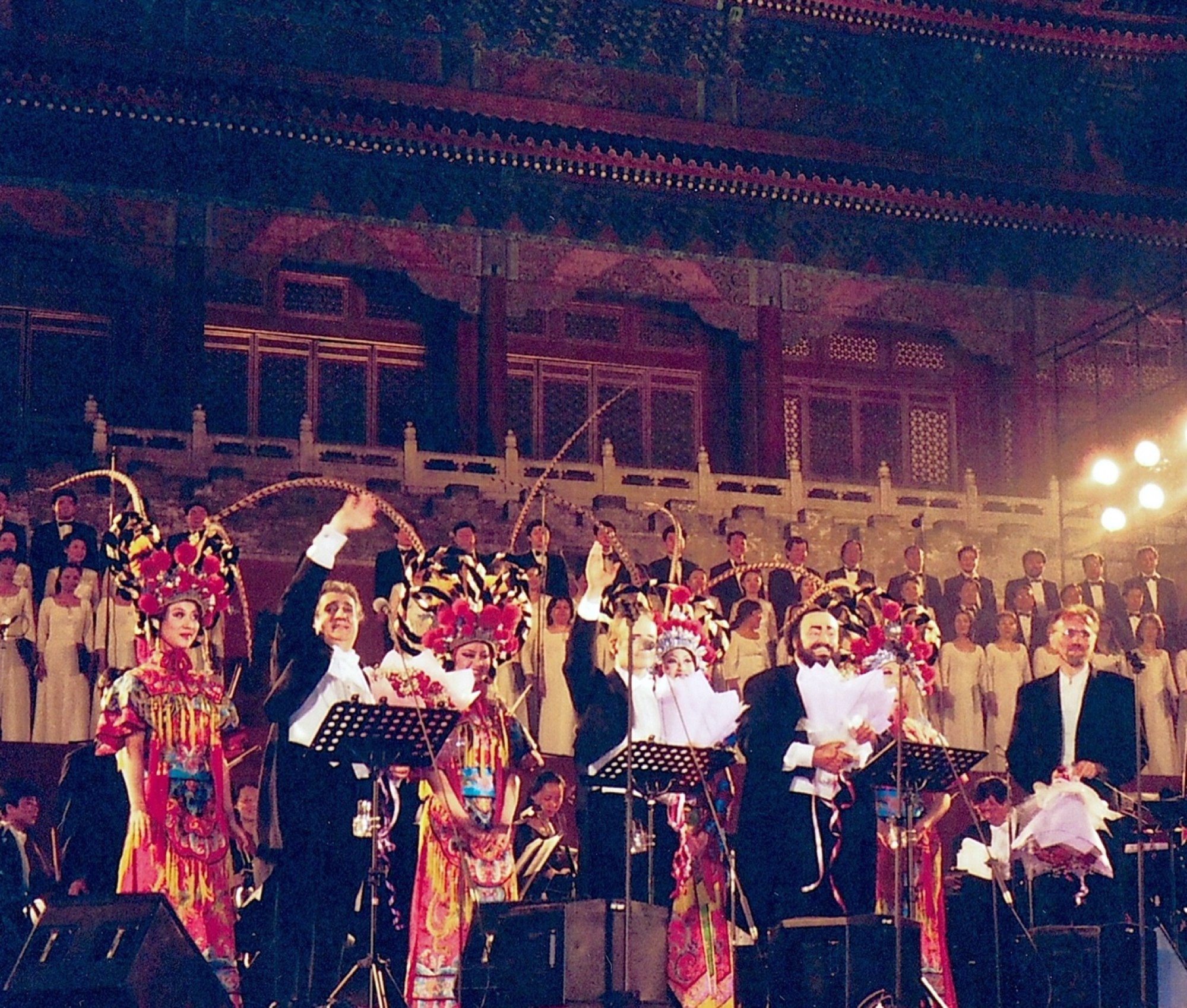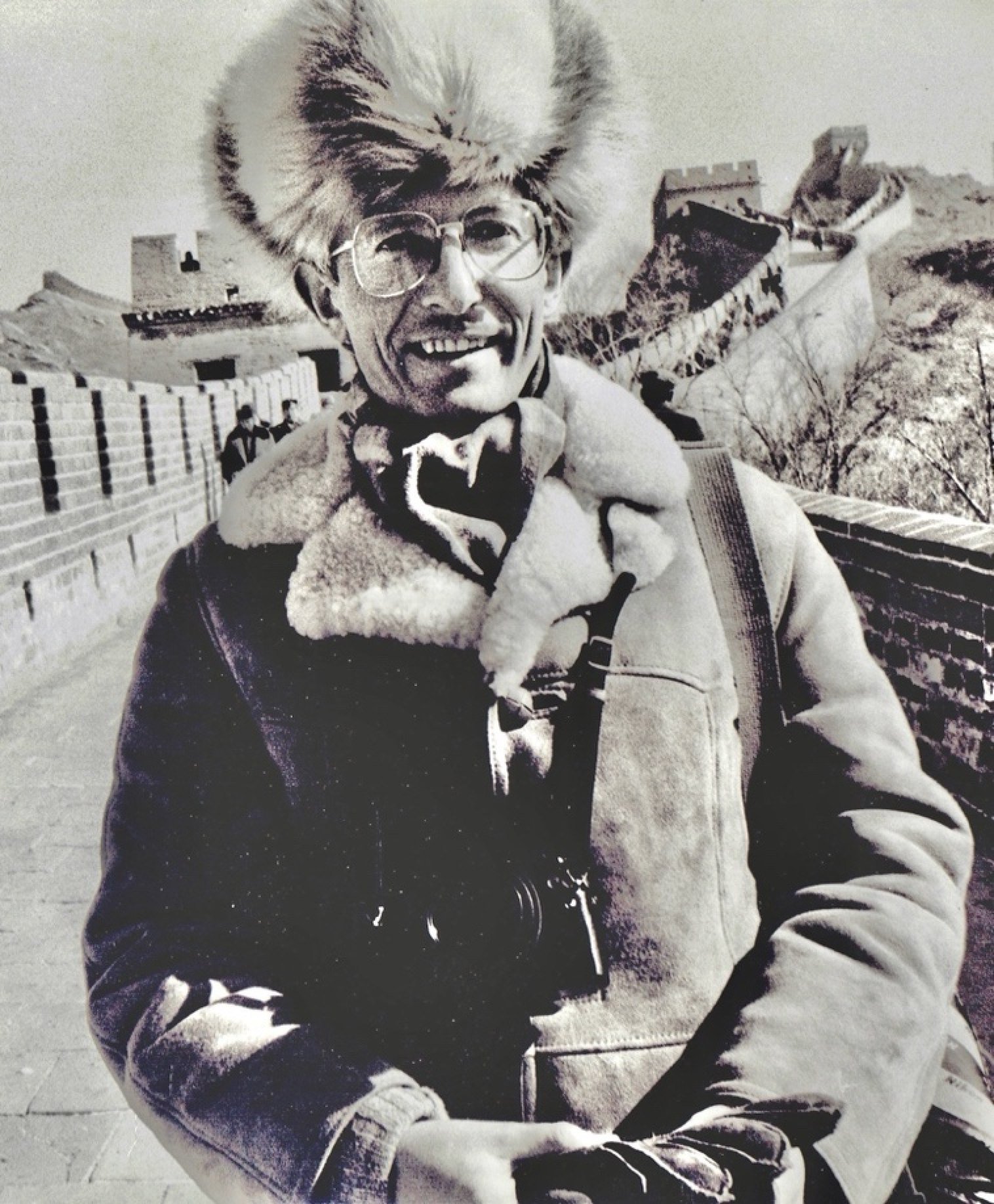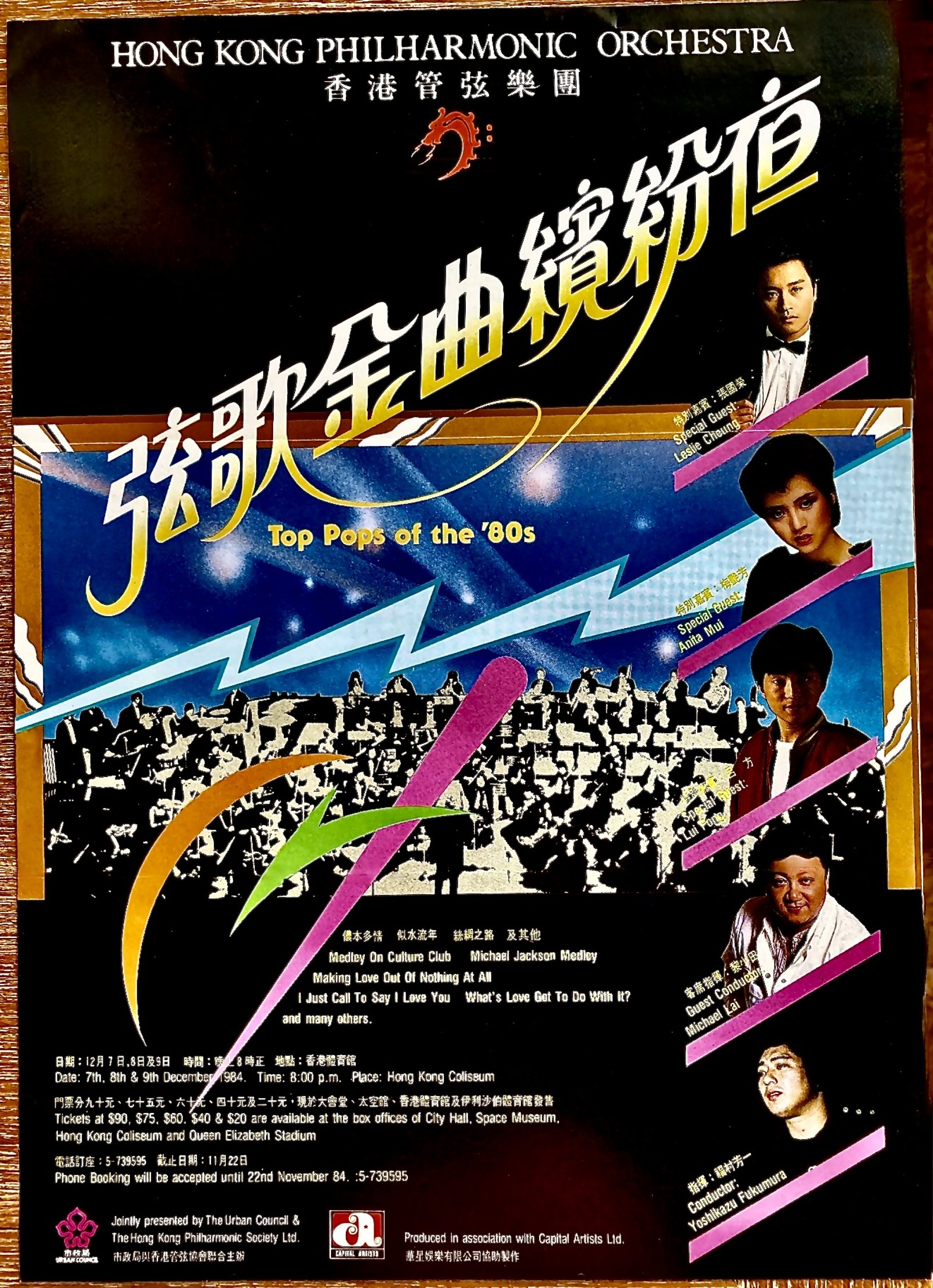Duffus left the orchestra in 1986 to become one of Hong Kong’s most successful impresarios, in which role he brought an impressive, “who’s who” line-up of performers from both classical music and pop music to the region. He also witnessed plenty of backstage drama involving some of the biggest names in the business.
Some of these stories appear in Duffus’ new memoir, Backstage in Hong Kong: A Life with the Philharmonic, Broadway Musicals and Classical Superstars, released this month by Hong Kong publishing house Blacksmith Books.
“Pavarotti, who used to claim he could not read music, was also forthright about the fact that he sometimes had trouble remembering lyrics,” Duffus says.
“So when Jiang suggested a popular Neapolitan song that Luciano must have sung 1,000 times, [Luciano] was concerned because he knew he would not remember all the words.”
When they started singing in Italian together, says Duffus, President Jiang was word and note perfect but Pavarotti struggled.
“Luciano told me that story at dinner in the Grand Hyatt in Hong Kong the following evening,” he says.
“Luciano also told me that throughout his career he had met kings, queens, princes, prime ministers and a whole galaxy of top officials in various governments around the world. In his view, he considered Jiang the most knowledgeable, intelligent and worldly-wise of any whom he had previously met!”

On a sadder note, Duffus says he also arranged for the final ticketed concert that Pavarotti gave before he died in 2007. “That was before 20,000 fans in Taichung, in Taiwan on December 14, 2005.”
“Leslie turned the offer down. We were not aware he was about to give up singing and retire to Canada, only to return for some major film roles.
“Would his career have changed much had he accepted the offer? I doubt it. Musicals are demanding on those on stage and the fees would have been a fraction of what he would earn from CDs and [Hong Kong] Coliseum concerts.”

Among Duffus’ career highlights was taking the Philharmonic on its first tour of China – to Beijing, Shanghai and Hangzhou in 1986.
Another came in 1991, when he brought Bulgarian pianist Alexis Weissenberg to perform in Hong Kong and Taipei.
At dinner on the night before his first recital, Weissenberg made a shocking request: he wanted to change the entire programme.
“I was staggered,” recalls Duffus. “The advertised programme for Hong Kong and Taipei had been finalised a few months beforehand and I had already had them printed.
“Now he wanted a new programme which some in the audience might not wish to hear.”
But when someone like Weissenberg made a decision, says Duffus, that was it. “No discussion. The programme had to be changed. To cap it all, I had to pay for dinner!”

These days, writing consumes much of his time. In his first book, Scottish Opera’s Golden Years, released in 2022, he revisited memories of the opera company based in Glasgow, for which he once worked, as it marked its 60th anniversary.
“I followed with Backstage with Pavarotti and other Egos: Disasters on the High Cs and now I’m working on a book about a young Myanmar man’s horrendous life before he finds his way to Europe and university,” Duffus says.






